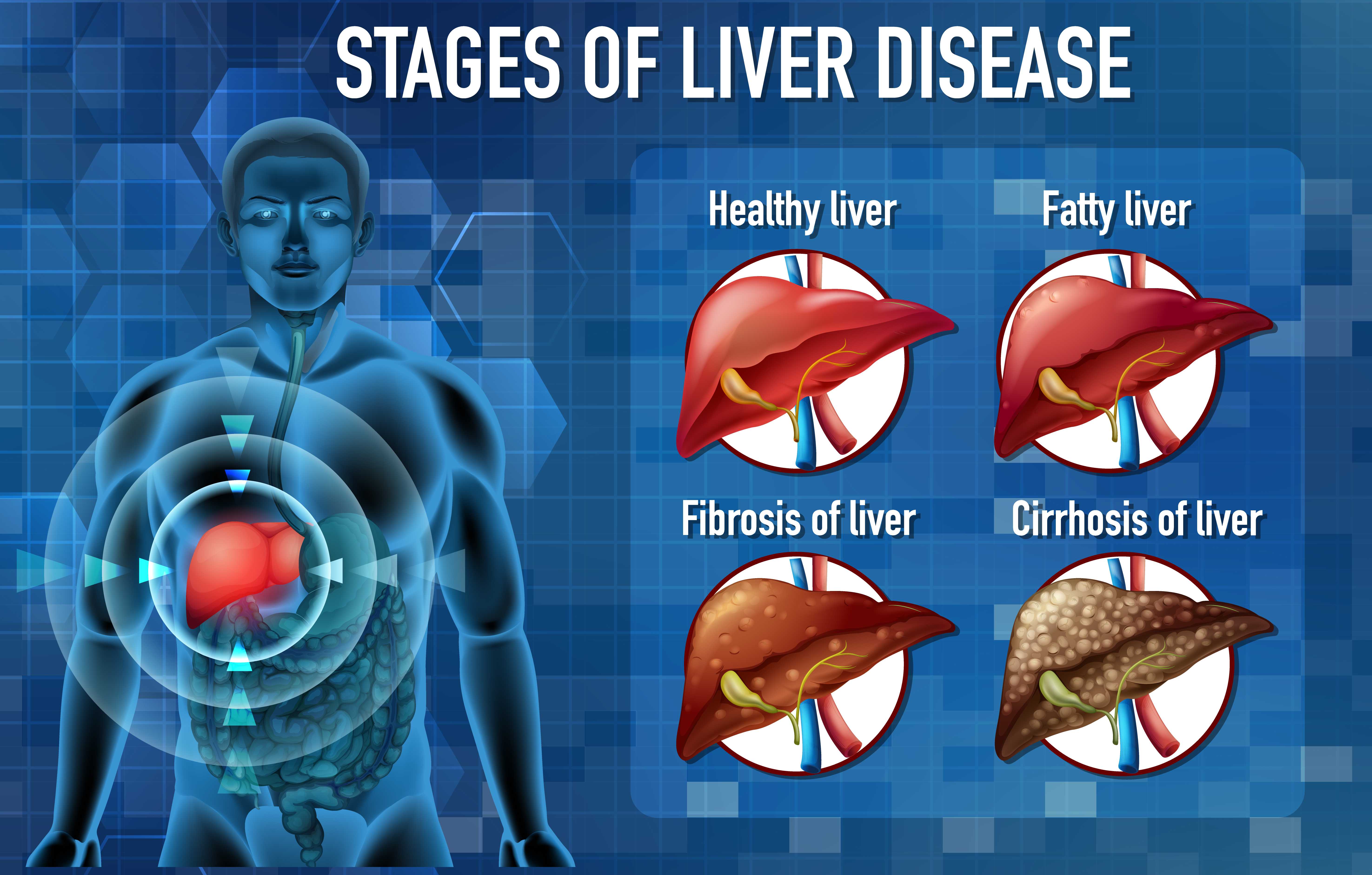The liver is one of the most vital organs in the human body, performing over 500 essential functions. It filters toxins from the blood, processes nutrients, and helps the immune system fight infections. Hepatitis is a serious condition that causes inflammation in the liver, impairing these vital functions.
There are two main types of hepatitis: Infectious, caused by a virus, and Non-infectious, caused by autoimmune diseases, toxins, or certain medications.
Hepatitis can be acute (short-term but severe) or chronic (long-term with subtle symptoms). Acute hepatitis may lead to sudden liver failure, while chronic hepatitis can cause permanent liver damage over time. Without timely diagnosis and treatment, both types can be life-threatening.

Hepatitis is a liver disease that can be caused by viruses, toxins, or autoimmune conditions. Understanding its types and prevention can save lives.
Hepatitis is classified into six major types: A, B, C, D, E, and G. Each type spreads differently and has unique symptoms.
Hepatitis A (HAV)
Spread through contaminated food or water. Common symptoms include:
Hepatitis B (HBV)
Transmitted via body fluids such as blood, semen, and vaginal fluids. It can spread through:
Hepatitis C (HCV)
Primarily spread through contact with infected blood, often through:
Hepatitis D (HDV)
Occurs only in people already infected with Hepatitis B. It shares similar transmission routes and symptoms as HBV and can worsen the condition.
Hepatitis E (HEV)
Spread through contaminated food or water, especially undercooked meat. Rarely, it can be passed from a pregnant woman to her baby. Symptoms are usually mild:
Hepatitis G (HGV)
A lesser-known type, transmitted through infected blood. Most people show mild or no symptoms.
Prevention and Vaccination
Preventing hepatitis involves good hygiene, safe food and water practices, and avoiding contact with infected blood or body fluids. Healthcare workers and travelers should be especially cautious.
Vaccines are available for certain types and are highly effective in preventing infection.
Hepatitis A Vaccine
Hepatitis B Vaccine
Given at birth and completed by 6 months of age
Unvaccinated children, adolescents, and adults can take it anytime
Administered in 2 to 4 doses
Also protects against Hepatitis D
Hepatitis C
Hepatitis D
Hepatitis E
Hepatitis G

Vaccination is the most effective way to prevent hepatitis A and B.
Hepatitis is a dangerous disease, but it's largely preventable. With proper vaccination, personal hygiene, and safe health practices, you can protect yourself and your loved ones.
If you're concerned about hepatitis or want to know how to prevent infection, consult a liver specialist. Reputed hospitals have dedicated hepatology departments with experienced doctors who can guide you on screening, prevention, and treatment.
We offer expert care across key specialties, including Medicine, Cardiology, Orthopaedics, ENT, Gynaecology, and more—delivering trusted treatment under one roof.
Prakash Hospital Pvt. Ltd. is a 100 bedded NABH NABL accredited multispecialty hospital along with a center of trauma and orthopedics. We are in the service of society since 2001.
OUR SPECIALITIES
Contact Us
D – 12A, 12B, Sector-33, G. B. Nagar, Noida, Uttar Pradesh 201301
+91-8826000033

© 2025 All rights reserved.
Designed and Developed by Zarle Infotech